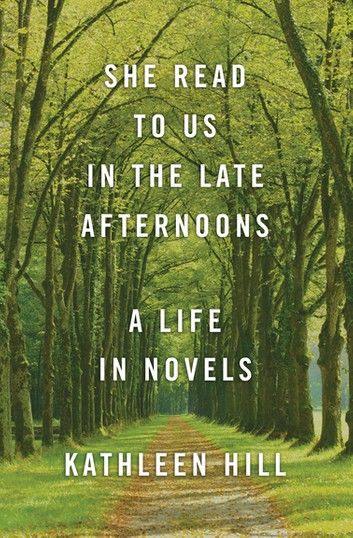This memoir takes readers around the world, from New York to Nigeria, exploring a life illuminated by novels.
As a child in music class, Kathleen Hill comes upon Willa Cather’s Lucy Gayheart, and the novel prepares her for a drowning death that soon occurs in her own life. Later, recently married and working as a teacher in a newly independent Nigeria, Hill assigns Chinua Achebe’s Things Fall Apart to her students, which leads to learning from them about the violent legacy of colonialism, and visiting an old slave port whose disturbing relics make her aware of her benighted American innocence. Also in Nigeria, she is given Henry James’s A Portrait of a Lady and deeply ponders her new marriage through the lens of Isabel Archer, remembering her adolescent fear that reading might be a way of avoiding experience.
But is it possible that the act of reading itself may be a form of ardent, transforming experience? In this memoir, Hill reflects on her literary lifetime, reminiscing about her year in northern France, where she resolutely put Flaubert’s Madame Bovary aside to discover, in Bernanos’s Diary of a Country Priest, a detailed guide to the town where she was living, a more acute perspective on the poverty and suffering hidden within its walls. She also shares a tender account of her friendship with writer Diana Trilling, whose failing sight inspired a plan to read aloud Proust’s Remembrance of Things Past, an undertaking that required six years to complete.
From an author whose novel Still Waters in Niger was named a New York Times Notable Book and a best book of the year by the Los Angeles Times, She Read to Us in the Late Afternoons is both a wide-ranging autobiographical journey and a deeply felt appreciation of literature and its power to reflect our immediate reality and open windows onto vast new worlds.









